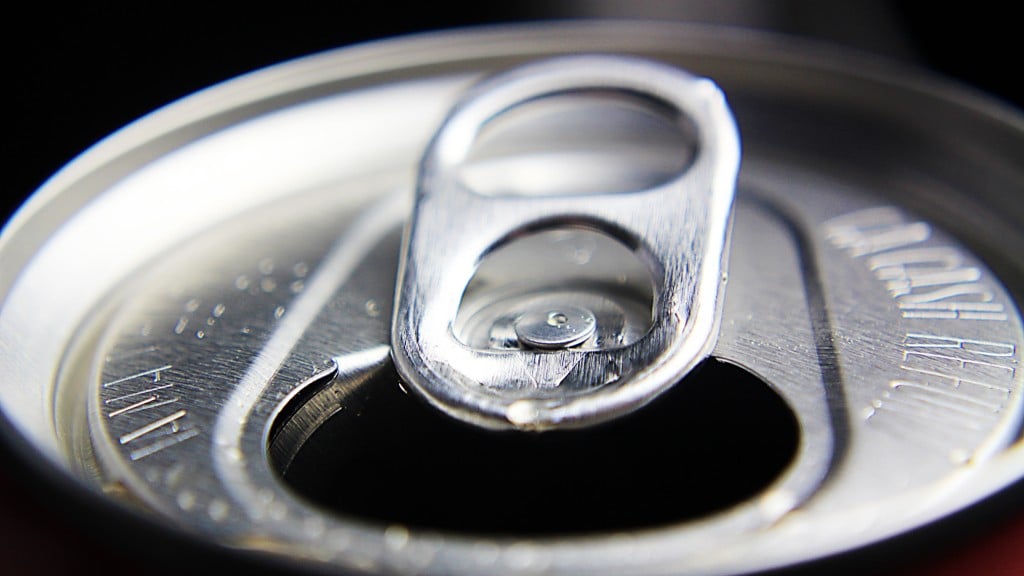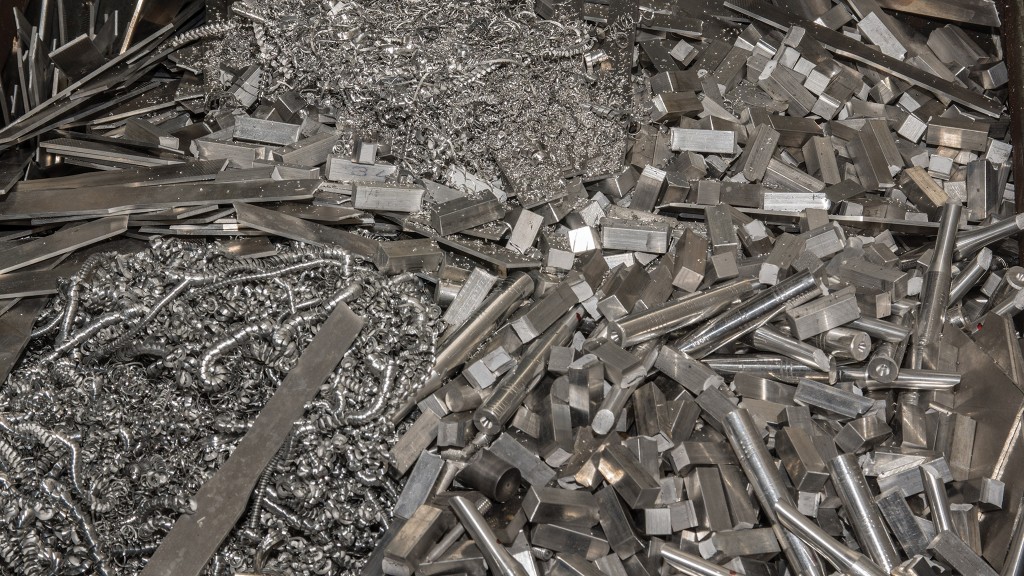Study finds improving global aluminum can recycling could see large environmental benefits
Aluminum beverage can recycling improvements in six countries could reduce global CO2 emissions by 60 million tonnes

Improvements to beverage can recycling practices in six countries around the world could help to reduce global CO2 emissions by up to 60 million metric tons by 2030, according to a new study commissioned by Crown Holdings, Inc. and the International Aluminium Institute (IAI). Conducted by third-party global management consultants Roland Berger, the new report establishes 20 short- and long-term levers to bolster recycling systems and increase beverage can recycling rates in several countries, four of which include Vietnam, Thailand, Cambodia, and the UAE – markets where Crown Holdings maintains operations.
Crown Holdings says that these advancements are critical to keeping up with growing global beverage can consumption, which is set to increase by 50 percent between 2020 and 2030 and will likely increase the amount of used beverage cans (UBCs) by around three million metric tons each year in the same time period. Stronger global recycling systems can help ensure that additional volume of aluminum maintains a circular life cycle rather than be misdirected to landfill – an important measure for not only keeping valuable materials in a closed loop and preserving natural resources but also for reducing the energy consumption and emissions levels associated with production from raw materials. This potential for a smaller carbon footprint for beverage cans would boost the format's existing sustainability attributes of infinite recyclability, high recycled content, and fast recycling turnaround time.
"The carbon reduction potential of recycling cannot be underestimated; recycling has a huge role to play in the overall decarbonization of the aluminum industry, because recycling currently emits 0.6 metric tons of CO2e per metric ton compared to 16.6 metric tons of CO2e per metric ton for primary aluminum," said Marlen Bertram, director of scenarios and forecasts at IAI. "This report highlights key improvement levers for increasing those recycling rates-including improved awareness about the benefits of aluminum can recycling, investment in infrastructure and better waste streams."
Drawing from assessments of waste management and regulatory schemes, collection infrastructure, recycling and landfill rates, volumes on the market, UBC trade, material flows, and future targets, the report zeroed in on several missed opportunities in the current recycling systems of each country. For some areas, these include bridging the gap between UBC collection and complete can-to-can recycling, as well as understanding why some cans are lost to landfills even when the region maintains a more successful recycling system. For others, challenges lie in a lack of initial recycling access points or, on the other end, a lack of infrastructure for waste trading and traceability.
The report details these potential areas of improvement and offers strategies for advancing progress in each country. Using this evaluation, Crown and IAI will work together with local partners in the UAE and in the Asia Pacific region that can help drive awareness and investment on regional levels. The collective action will help to not only aid targets of higher recycling rates around the world but will also help to support evolving regulatory standards, address consumer and beverage brand demands, and move the industry toward a more circular model. Key to this progress will be support for and implementation of specific legislative policies that establish guidelines and parameters for each region.
"The superior recyclability of aluminum beverage cans continues to inspire us to raise awareness and build infrastructure for a stronger recovery rate across the globe," said Sandrine Duquerroy-Delesalle, director of sustainability and external affairs at Crown Holdings. "Through conducting this new study with the International Aluminium Association and Roland Berger, we have identified effective levers in four key markets for Crown that all actors within the aluminum supply chain can and should take responsibility to action. To utilize these avenues and advance progress, we are hopeful the governments in each of these regions will recognize the critical role they play in establishing proper policy frameworks. It is imperative we have legislative support to reach our goals to reduce our carbon footprint through higher usage of recycled aluminum, both in the immediate time frame and long-term."
As an upcoming next step, Crown Holdings will present the report findings at Asia CanTech 2023 to initiate discussions on recycling system strategies with supply chain partners and to action the levers identified in the study. Crown will also continue to focus on these efforts as part of its larger Twentyby30 sustainability program, which aims to achieve 20 measurable goals by or before 2030.




